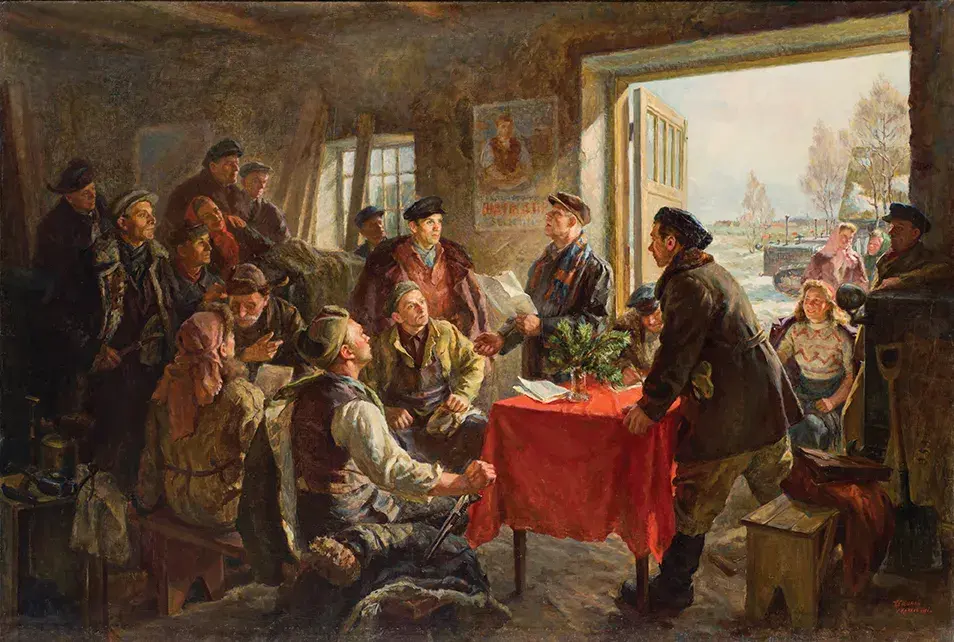Does Conservatism Support Freedom?
- Správne Právne
- Oct 15, 2023
- 2 min read
The answer to his question may or may not surprise you, dear reader. Keep reading to find out. In this week's blog, we'll examine the first two types of conservatism - Traditional and One Nation Conservatism.
Traditional Conservatism
Principles of Traditional Conservatism
Preservation of Hierarchy - Traditional conservatives believe that hierarchy is a natural part of society and its natural state.
Freedom - Emphasis is placed on freedom in conservatism. However, it is recognised that limits to freedom may be necessary to ensure freedom for all.
Change to Preserve - Is the principle that change must be gradual and respect the concept of tradition.
Paternalism - The belief that the government should act like a “Father”. Meaning that it should work in the best interest of its subjects (children). It also states that the government simply knows better (like a father).
Key Thinkers of Traditional Conservatism
Edmund Burke

Burke was against the French Revolution. He thought it to be destructive for traditional and existing institutions. Along with that, he was heavily critical of the view of equality in the context of the French Revolution.
On the other hand, he supported the American Revolution since he believed it to be an example of changing to conserve. This was because he supported the American right to freedom and freedom from taxation by the British, which he believed to be fundamental rights of man. Since the man, and therefore his rights, existed much sooner than the monarchy, it was a case of change to conserve.
Thomas Hobbs cannot be described as a conservative, only an early “pre-conservative” thinker.

One Nation Conservatism
Is often associated with the former Prime Minister of the UK Benjamin Disraeli (1868 and 1874 - 1880).
It came out, once again, as a response to socialism and free market capitalism.
Ideas
Society should exist together as part of one nation. This nation is organic, flexible and interconnected. Because of this, issues in one area of society impact the rest too, and therefore they should be dealt with by the whole of society.
This contrasts it with socialism and its class dynamics and historical materialism - dialectical materialism.
Dialectical materialism = concept of things existing as polar opposites, e.g. owner class (bourgeoisie) VS working class (proletariat).
One Nation Conservatives reject this because the concept of historical materialism does not take into account society existing as a whole.
Disraeli describes this as “the palace is not safe when the cottage is not happy”. Here again, we see the concept of society being interconnected, and the well-being of one class affecting the well-being of the rest of society.
Changing to Conserve
Conservatives are concerned about how the concept of free-market capitalism would impact society. Capitalism was at the time a relatively new concept and was heavily associated with liberalism.
Disraeli, for example, wanted to accept the free-market, but ensure that the consequences of that would not change the basic principle of society, and not let them be corrupted.
* Please note that at no point in this blog am I providing legal advice or claiming to be a professional. These blogs are for entertainment and educational purposes only.*





Comments